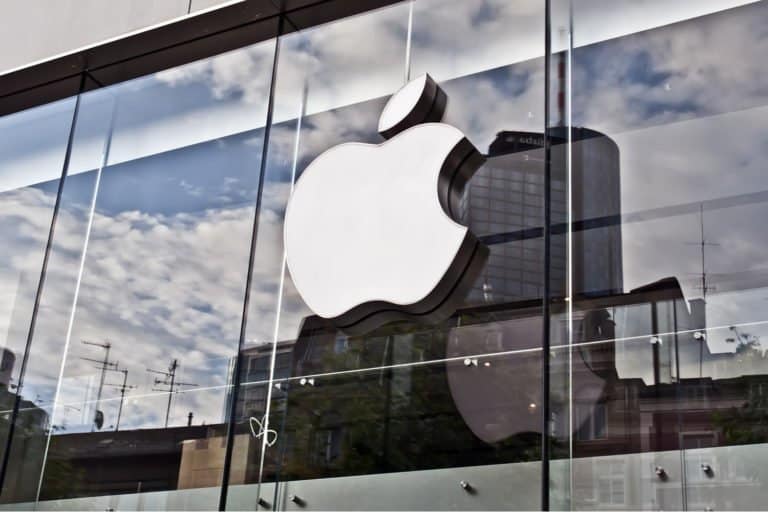Antitrust regulators in the European Union have narrowed their case against Apple, focusing on the company’s App Store rules that prevent developers from informing users of other purchasing options. At the same time, they have dropped another charge related to in-app payments.
The European Commission, which serves as the executive for the 27-country European Union, did not provide any reason for dropping the case against the iPhone maker for requiring developers to use its own in-app payment system.
While this is a victory for the US tech behemoth, it is expected to be fleeting, as a new EU tech law known as the Digital Markets Act (DMA) will take effect in May.
What does the DMA do?
The Digital Markets Act bans both of the Apple practices investigated by the Commission, with fines of up to 10% of a company’s global turnover for infringements.
The Commission alleges that Apple’s “anti-steering obligations,” which prevent developers from informing users about other purchasing options, violate EU rules against unfair trading conditions.
These obligations are “neither necessary nor proportionate for the provision of the App Store on iPhones and iPads” and “are detrimental to users of music streaming services on Apple’s mobile devices, who may end up paying more,” the EU competition enforcer said in a statement.
Apple is happy with the development
Apple expressed pleasure that the Commission narrowed the case and said it would respond to the regulator’s concerns.
Spotify triggered the case against Apple by complaining about its anti-steering mechanism and in-app payment system. The Commission issued a charge sheet against Apple in April 2021. The streaming giant urged the Commission on Tuesday to make a swift decision.
The Commission said Tuesday’s charge sheet, known as a statement of objections, would replace the 2021 document.
